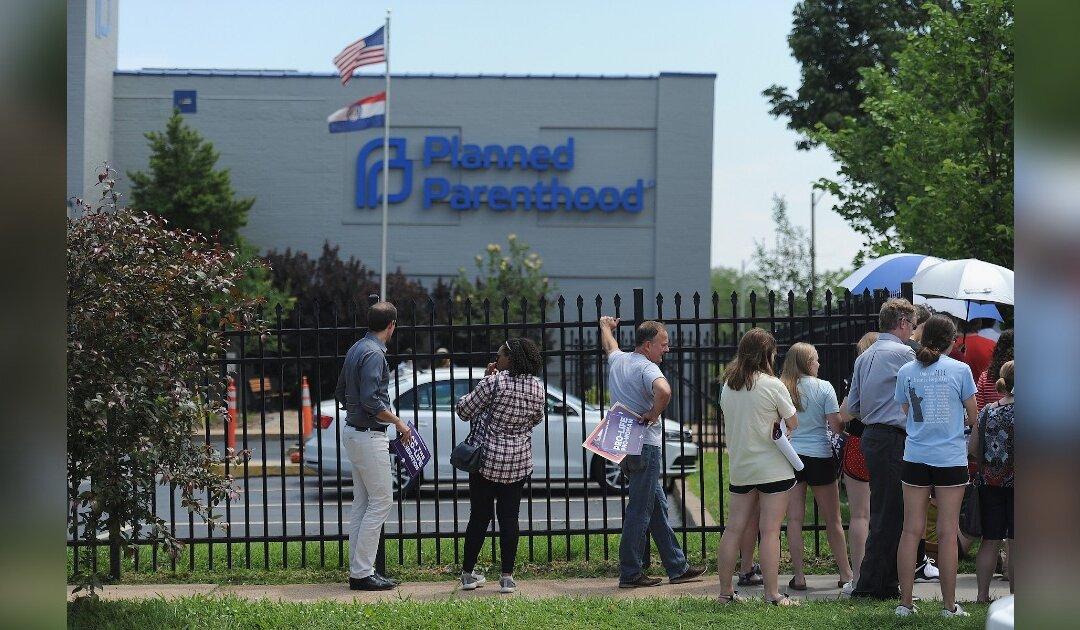Missouri’s last remaining abortion clinic in St. Louis lost its license to perform abortions on Friday, June 21 over patient safety concerns. But it will remain open, at least temporarily, under a judge’s order on the same day.
St. Louis Circuit Judge Michael Stelzer said that Reproductive Health Services (RHS) Planned Parenthood’s St. Louis clinic can for now continue to carry out abortions, at least until he issues a final ruling outlining the next steps. He offered no timetable for that final ruling.




